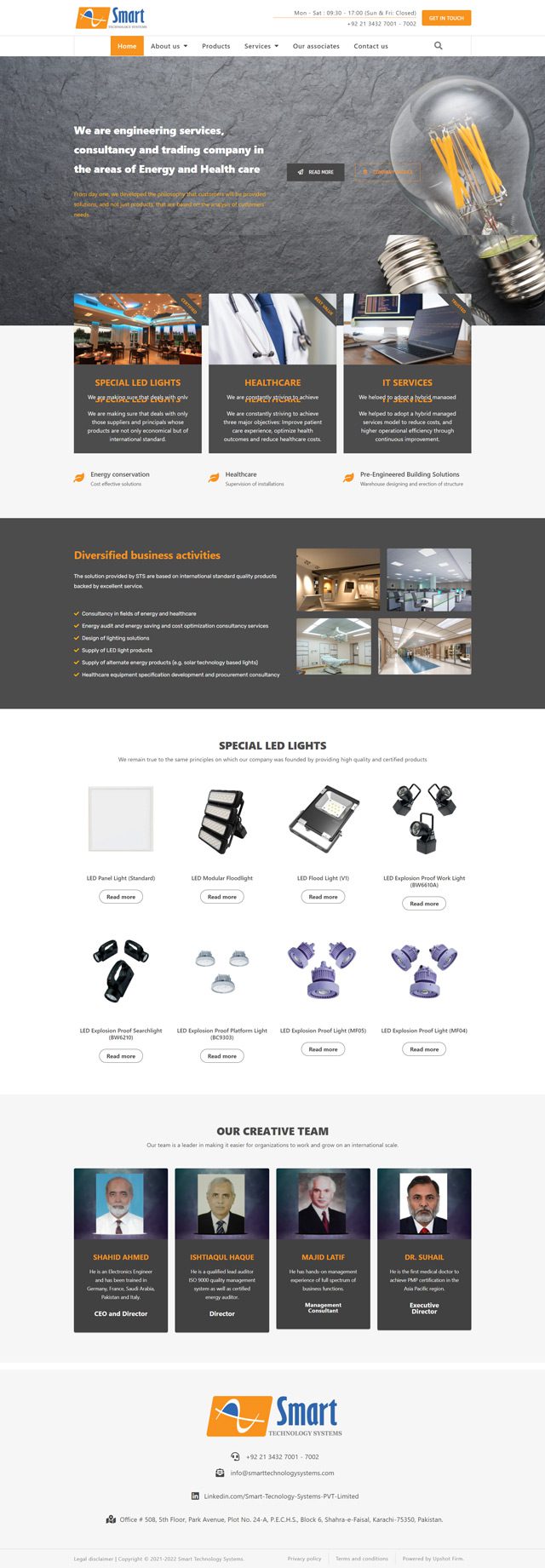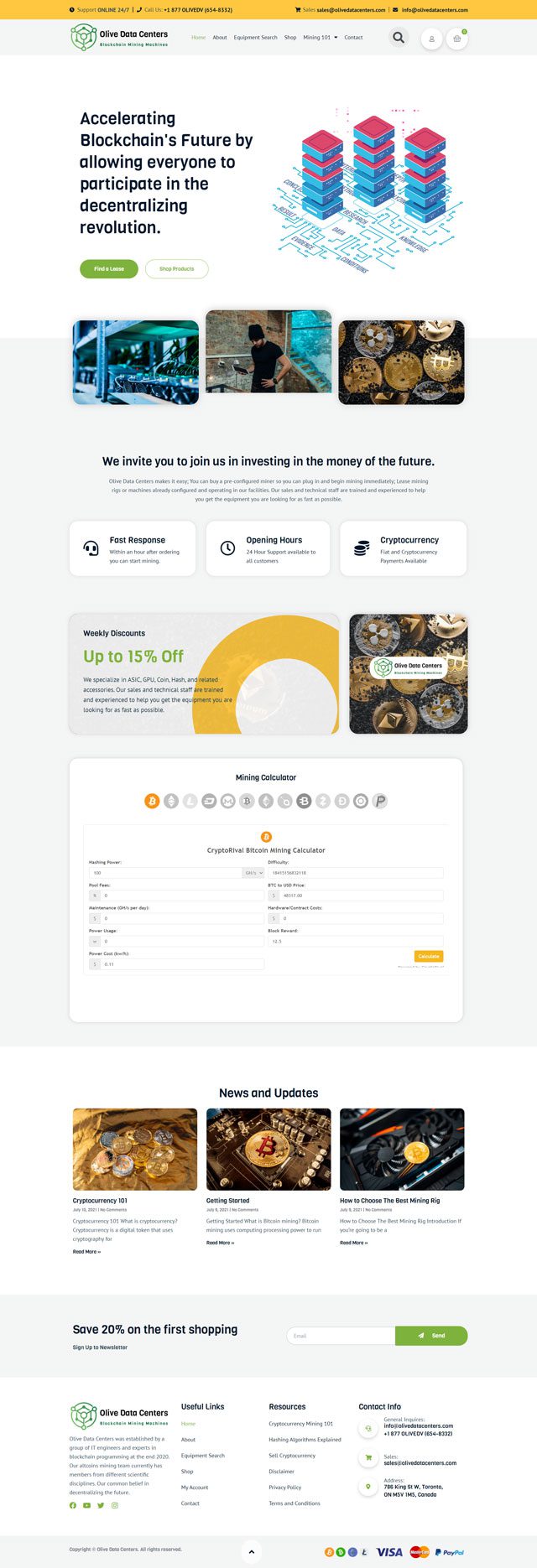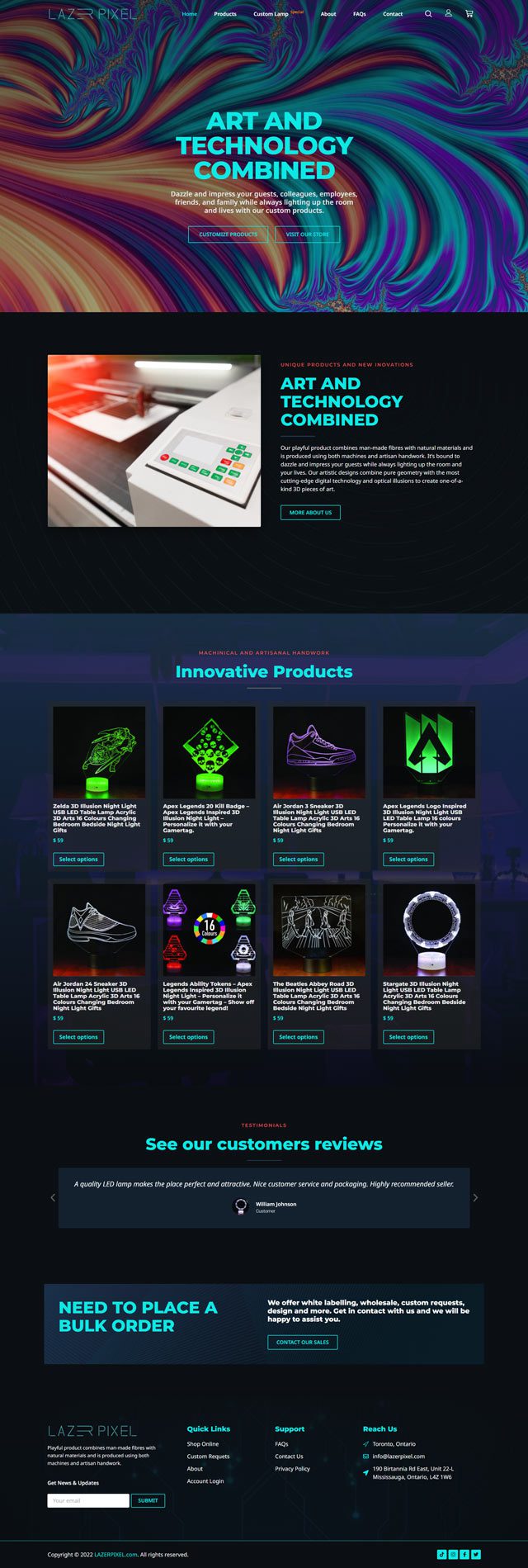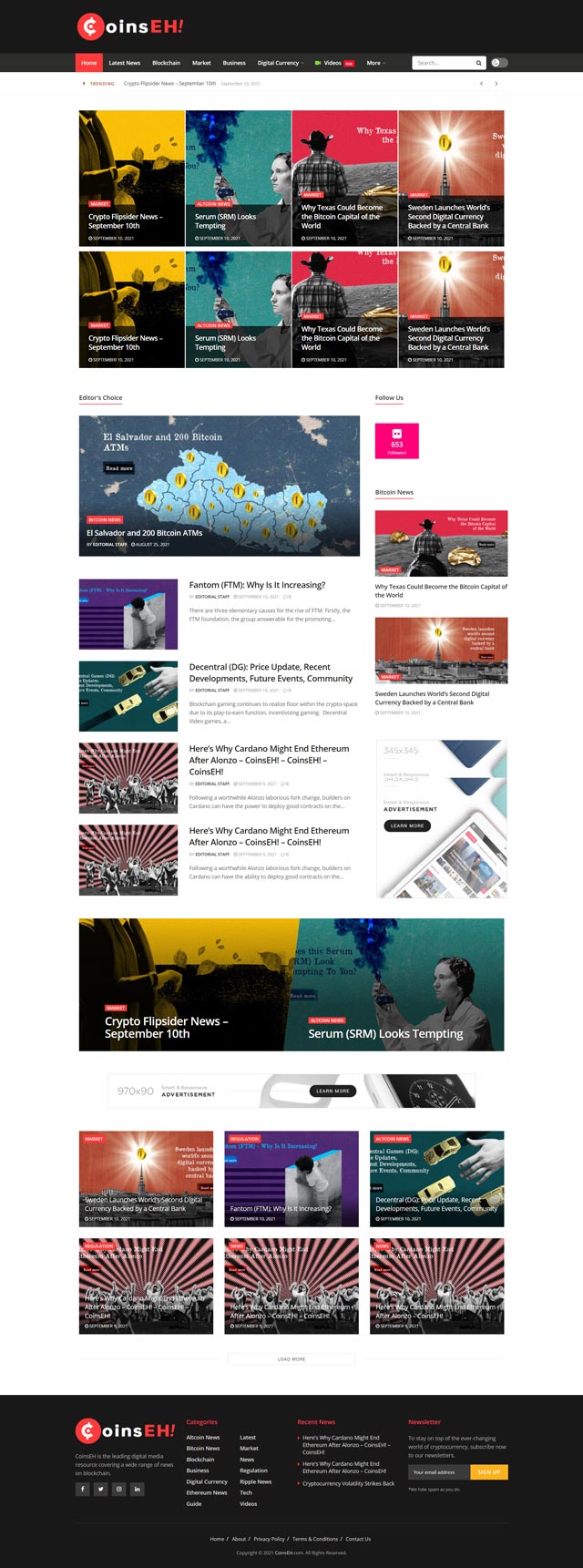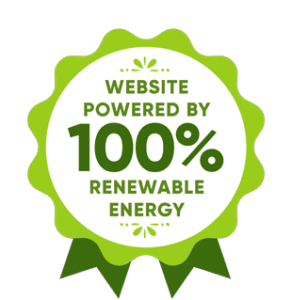In today’s digital landscape, having a well-optimized website is crucial for businesses looking to maximize their online visibility, attract organic traffic, and convert visitors into customers. Search Engine Optimization (SEO) plays a vital role in achieving these goals. By optimizing your website for search engines, you can improve its ranking in search results and drive targeted traffic to your site. In this article, we’ll explore effective strategies to maximize your website’s SEO potential for increased traffic and conversions.
- Conduct Keyword Research:
- Understand the importance of keyword research in SEO optimization
- Utilize keyword research tools to identify relevant and high-value keywords
- Target long-tail keywords to capture specific search intent and improve conversion rates
- On-Page Optimization:
- Optimize title tags, meta descriptions, and headers with targeted keywords
- Develop high-quality and informative content that aligns with user search intent
- Optimize images with descriptive alt tags and file names for improved accessibility and SEO
- Technical SEO:
- Ensure your website has a clean and crawlable site structure
- Optimize website speed and performance for better user experience and search engine rankings
- Implement schema markup to enhance the visibility and presentation of your content in search results
- User Experience and Site Usability:
- Create a user-friendly website with intuitive navigation and clear calls-to-action
- Optimize for mobile responsiveness and ensure a seamless experience across devices
- Improve page load times to reduce bounce rates and enhance user satisfaction
- High-Quality Backlinks:
- Build a strong backlink profile with high-quality, authoritative websites
- Foster relationships with influencers and industry experts to gain valuable backlinks
- Monitor and disavow low-quality or spammy backlinks that can harm your website’s reputation
- Content Marketing Strategy:
- Develop a content marketing strategy to provide value and engage your target audience
- Produce high-quality and relevant content regularly, including blog posts, articles, and videos
- Promote your content through social media, email marketing, and guest blogging to increase visibility and attract backlinks
- Local SEO:
- Optimize your website for local search by including location-specific keywords
- Claim and optimize your Google My Business profile for better visibility in local search results
- Encourage customers to leave reviews and ratings to enhance your online reputation
- Analytics and Measurement:
- Utilize analytics tools to track and measure your website’s performance and SEO efforts
- Monitor key metrics such as organic traffic, conversion rates, and keyword rankings
- Make data-driven decisions to refine your SEO strategy and improve results over time
Conclusion
Maximizing your website’s SEO potential is essential for increasing traffic and conversions. By implementing effective strategies such as conducting keyword research, optimizing on-page elements, focusing on technical SEO, improving user experience, building high-quality backlinks, implementing a content marketing strategy, optimizing for local search, and utilizing analytics for measurement, you can boost your website’s visibility, attract targeted traffic, and achieve higher conversion rates. Remember, SEO is an ongoing process that requires constant monitoring, analysis, and adaptation to stay ahead of the competition and achieve long-term success.








